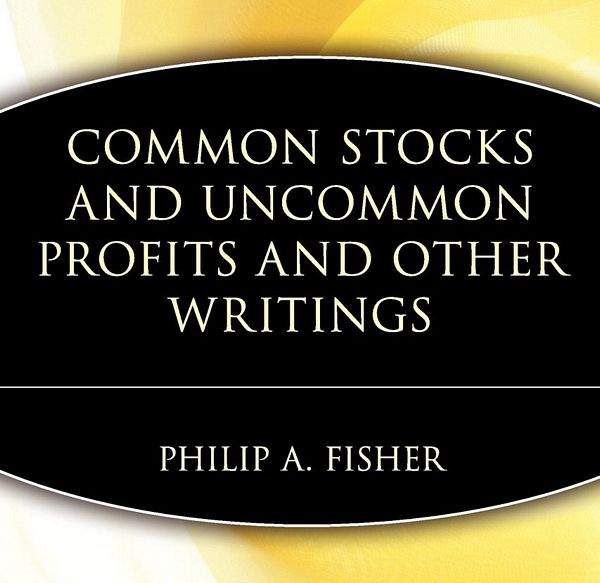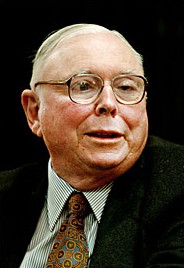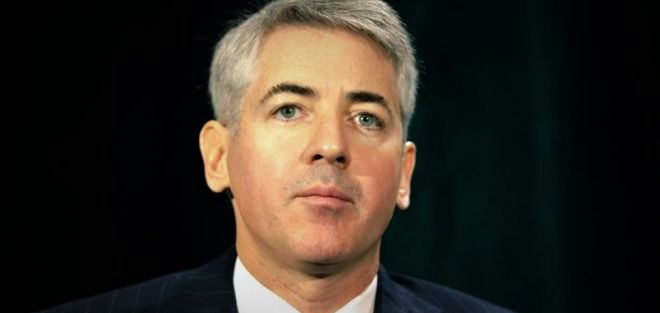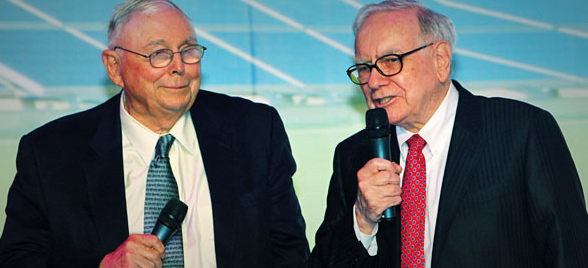
 Philip Fisher (1907–2004) is widely considered the pioneer and thought process leader in long-term value investing. Even after ten years after his death, Fisher is widely respected and admired as one of the most influential investors of all time. Fisher developed his long-term investing philosophy decades ago and discussed them in his seminal book, Common Stocks and Uncommon Profits. Common Stocks and Uncommon Profits was first published in 1958 and continues to be a must-read today for investors and finance professionals around the world.
Philip Fisher (1907–2004) is widely considered the pioneer and thought process leader in long-term value investing. Even after ten years after his death, Fisher is widely respected and admired as one of the most influential investors of all time. Fisher developed his long-term investing philosophy decades ago and discussed them in his seminal book, Common Stocks and Uncommon Profits. Common Stocks and Uncommon Profits was first published in 1958 and continues to be a must-read today for investors and finance professionals around the world.
Phil Fisher’s Common Stocks and Uncommon Profits is a perfect complement to Ben Graham’s The Intelligent Investor. Fisher’s book explains the qualitative side to value investing, while Graham explains the quantitative side of value investing. Warren Buffett, the world’s most successful value investor, describes himself as “85% Graham, 15% Fisher.”
Core to Fisher’s value-investing philosophy is that long-term value investors who will be investing in a company for 20-30 years should understand and appraise the management of a company because it is the management who is directly accountable for the long-term financial performance and business competitiveness of the company.
Phil Fisher’s Common Stocks and Uncommon Profits can be summarized by means of his 15-point checklist for buying stocks and a 10-point don’t list. These principles will stand the test of time.
Phil Fisher’s 15 Rules for Evaluating Companies for Value Investing
- Does the company have products or services with sufficient market potential to make possible a sizeable increase in sales for at least several years?
- Does the management have a determination to continue to develop products or processes that will still further increase total sales potential when the growth potential of currently attractive product lines have largely been exploited?
- How effective are the company’s research and development efforts in relation to its size?
- Does the company have an above-average sales organization?
- Does the company have a worthwhile profit margin?
- What is the company doing to maintain or improve profit margins?
- Does the company have outstanding labor and personnel relations?
- Does the company have outstanding executive relations?
- Does the company have depth to its management?
- How good are the company’s cost analysis and accounting controls?
- Are there other aspects of the business somewhat peculiar to the industry involved that will give the investor important clues as to how the company will be in relation to its competition?
- Does the company have a short-range or long-range outlook in regard to profits?
- In the foreseeable future, will the growth of the company require sufficient financing so that the large number of shares then outstanding will largely cancel existing shareholders’ benefit from this anticipated growth?
- Does the management talk freely to investors about its affairs when things are going well and “clam up” when troubles or disappointments occur?
- Does the company have a management of unquestioned integrity?
Phil Fisher’s 10 Don’ts for Evaluating Companies for Value Investing
- Don’t buy into promotional companies.
- Don’t ignore a good stock just because it is traded “over-the-counter.”
- Don’t buy a stock just because you like the “tone” of the annual report.
- Don’t assume that the high price at which a stock may be selling in relation to earnings is necessarily an indication that further growth in those earnings has largely been already discounted in the price.
- Don’t quibble over eights and quarters.
- Don’t overstress diversification.
- Don’t be afraid of buying on a war scare.
- Don’t forget your Gilbert and Sullivan (Don’t be influenced by what doesn’t matter).
- Do not fail to consider time as well as price in buying a true growth stock.
- Don’t follow the crowd.
Recommended Reading
-
The Intelligent Investor: The Definitive Book on Value Investing. A Book of Practical Counsel: Benjamin Graham, Jason Zweig updates timeless “value investing” wisdom from the greatest investment teacher of the twentieth century, Benjamin Graham. This beloved book has been the investors’ bible since its original publication in 1949.
-
One Up On Wall Street: Peter Lynch, John Rothchild describes a well-revered bottom-up approach to investing in stocks by selecting companies familiar to the investor followed by a comprehensive fundamental analysis with emphasis on a company’s prospects, its business, it’s competitive environment, and then determining a reasonable price for the company’s stock. Peter Lynch is Vice Chairman of Fidelity Management & Research Company.
-
The Essays of Warren Buffett: Lessons for Corporate America: Warren E. Buffett, Lawrence A. Cunningham is a thematically arrangement of the lengthy writings of Warren Buffett. This classic book provides an understandable and consistent understanding of the principles and logic of Warren Buffett’s attitude to life, investing, and business.
.jpg)
.jpg)
.jpg)
 If you think
If you think .jpg)
.jpg)
.jpg)
.jpg)
.jpg)
.jpg)
 For an investment of $500,000,
For an investment of $500,000, .jpg)

.jpg)
.jpg)
.jpg)
 Bottom line refers to a company’s net income — the “bottom” number on a company’s income statements. Therefore, bottom line is a company’s income after all expenses, charges, costs, and are subtracted from its revenues. A company’s bottom line is the same as its net earnings or net profits.
Bottom line refers to a company’s net income — the “bottom” number on a company’s income statements. Therefore, bottom line is a company’s income after all expenses, charges, costs, and are subtracted from its revenues. A company’s bottom line is the same as its net earnings or net profits.
.jpg)
.jpg)
.jpg)

.jpg)
.jpg)
.jpg)
.jpg)
.jpg)
.jpg)
.jpg)
.jpg)
.jpg)
.jpg)
.jpg)
.jpg)
.jpg)


